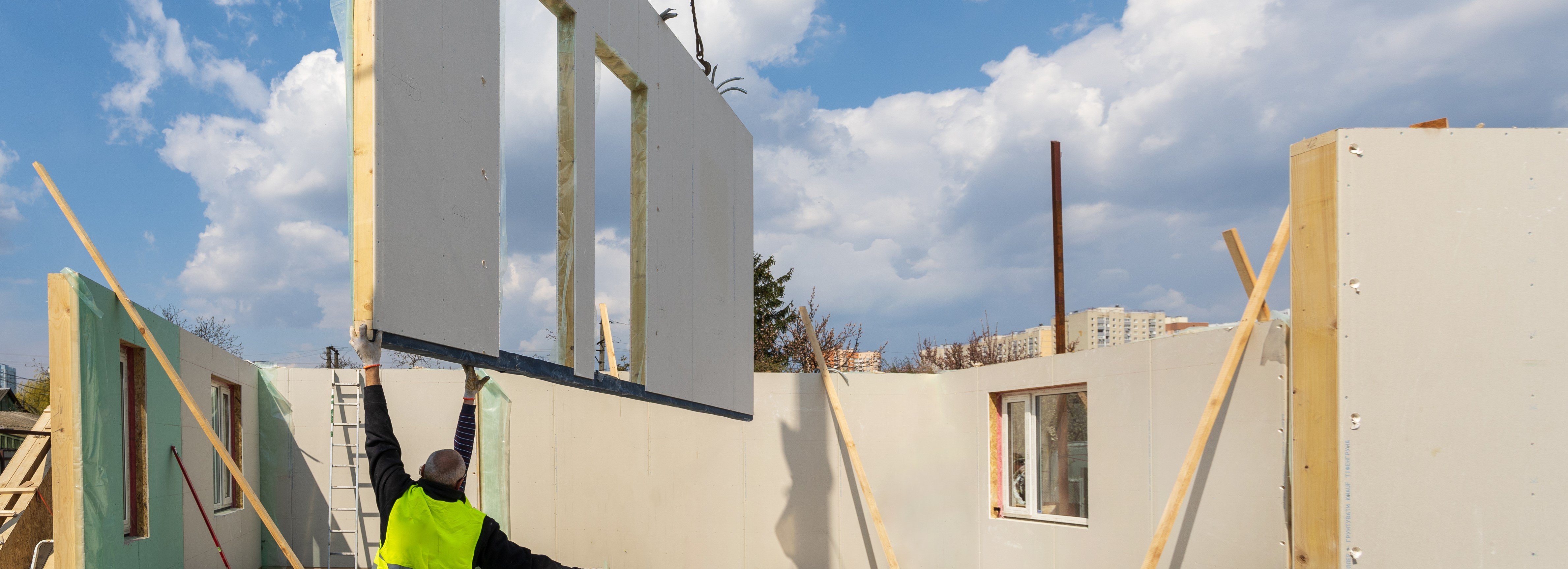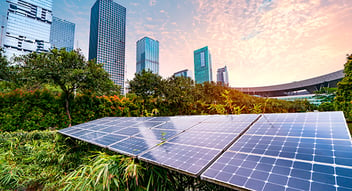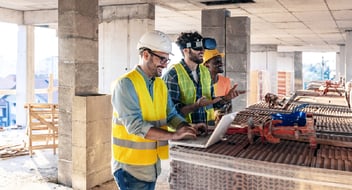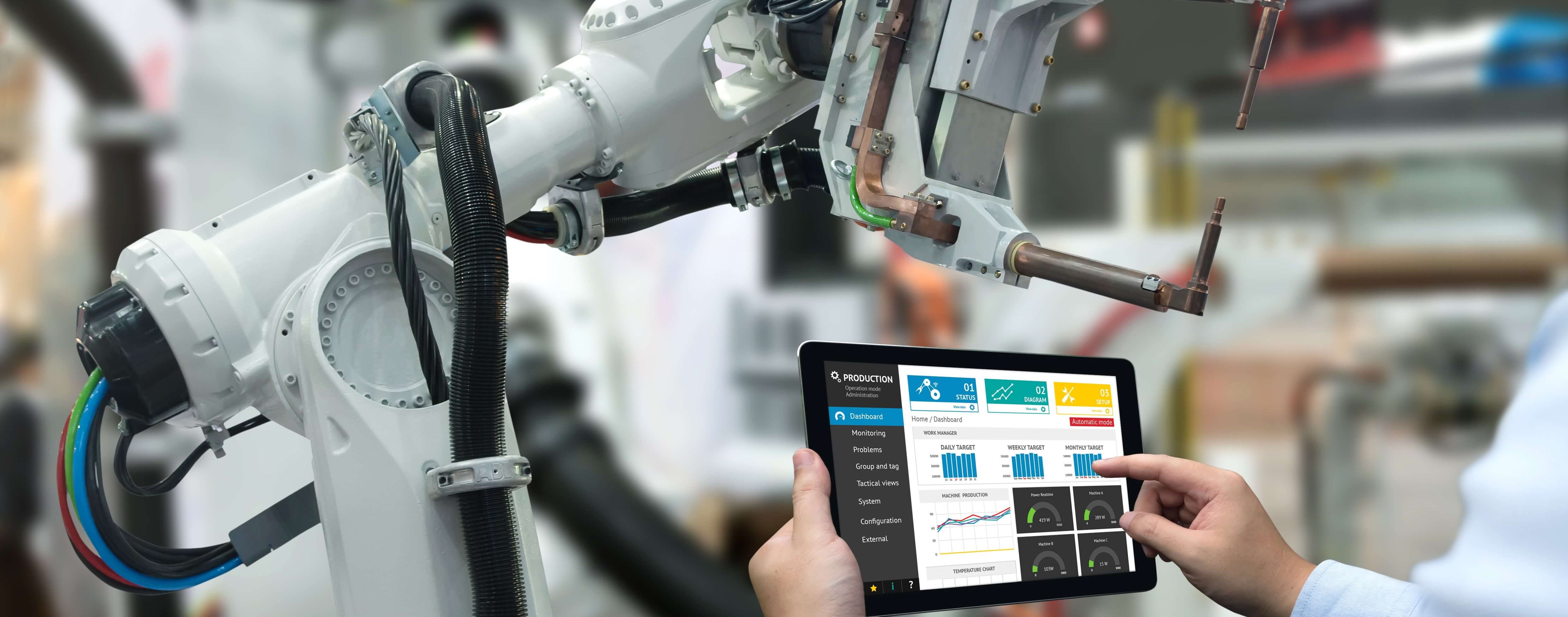
In our previous blog, we explored how Corporate Social Responsibility can support organizations' efforts to maximize social value and extend their positive contribution across the supply chain.
As the construction industry moves to build and grow more sustainably and economically, empowered by technology, it’s time to consider how smart construction can significantly increase the social value created at all stages of the project lifecycle.
What is Smart Construction?
The term ‘smart’ generally refers to things that are seen as new, intelligent, integrated, or innovative. [1] Used in the context of the construction industry, it represents a profound transition in how we build and how our built environment and infrastructure operate.
The Construction Leadership Council defines it as “building design, construction and operation that, through collaborative partnerships, makes full use of digital technologies and industrialized manufacturing techniques to improve productivity, minimize whole life cost, improve sustainability and maximize user benefits.” [2]
As social value focuses on the effort of a business to deliver social, economic, and or environmental benefits, smart construction presents the industry with the opportunity to achieve this through improved techniques and processes.
MMC & Local Investment
Modern Methods of Construction (MMC) is at the forefront of the housing sector. The building of modular homes is a prime example of where smart construction can be leveraged to benefit communities and local economies.
Modular homes move the construction of new homes from onsite to a factory setting. They can be built faster, are cost-effective, and produce less waste for a more sustainable industry. The use of MMC in the housing industry is arguably the key to solving one of the most pressing current societal issues, meeting government housing targets, and solving housing demand. In the UK, the use of MMC is backed by the Welsh and English governments to help answer the current housing demand. In February 2020, an investment of £45 million in modular housing was announced in an attempt to increase the delivery of social housing and affordable homes.
The use of MMC can also help drive social and economic prosperity in deprived areas by moving elements of the construction process to them, thus improve wellbeing, providing sustainable jobs, and narrowing productivity gaps.[3]
Circular Industry & Material Passports
As stated in our previous series blog, the construction industry has a vital role to play in sustainable development. As external pressures and expectations are placed on the industry to combat its detrimental impact on the environment, it is beginning to adopt alternative measures to “meet the needs of the present without compromising the ability to of future generations to meet their own needs.” [4]
One particularly notable method is the circular building industry approach. BAMB (Building as Material Banks) is an EU funded project, part of the Horizon 2020, whose mission is to enable a systemic shift in the building sector by creating circular solutions and increase the value of building materials.
The initiative encourages the adoption of material passports, which are digital documentation of all the information relating to a built asset or the materials used on the project. The passport can also estimate how much this will all be worth in the future, allowing these different parts to be recovered, recycled, and reused for future building.
Within the increasingly digitized construction process, material passports will allow for building information to be tracked during the project lifecycle as well as across the lifetime of the finished asset. By incorporating these processes, the industry has the opportunity to play a vital role in reaching international Sustainable Development Goals.
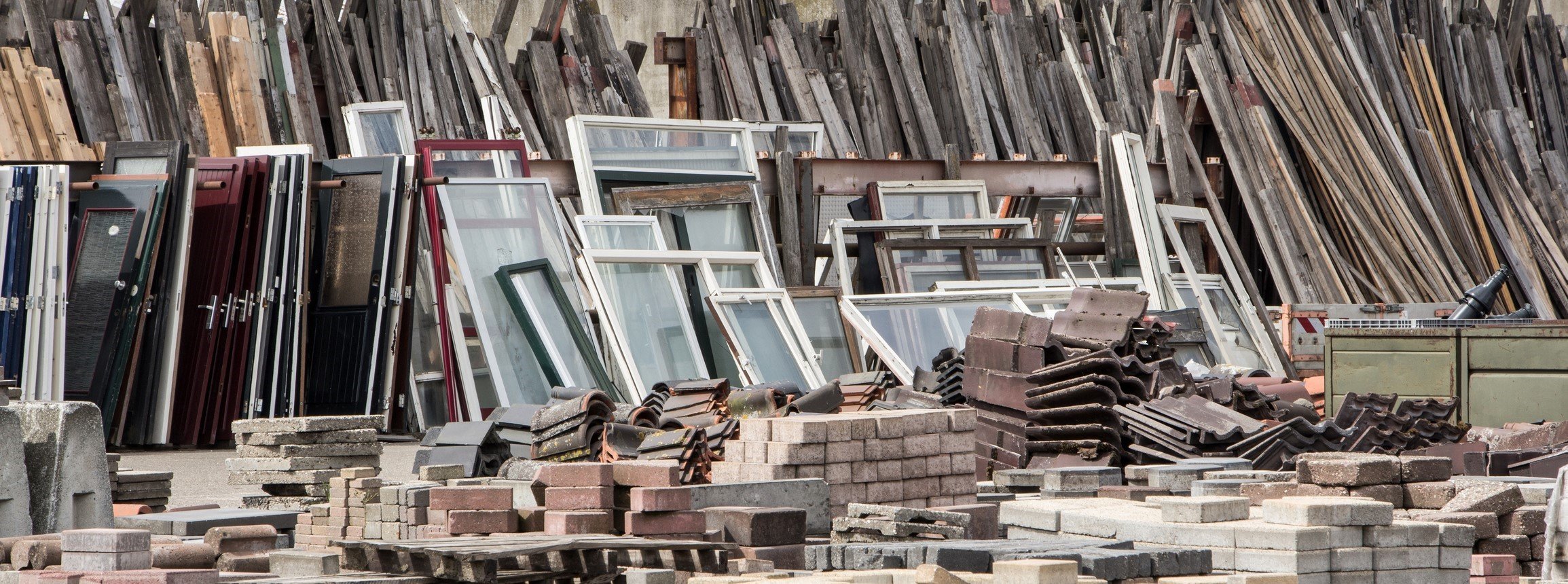
Smart Supply Chains & Provenance
Smart construction can create social value both during the physical construction process and in supply chain interactions. Smart technologies can be adopted to improve the work of individual companies and suppliers, reduce inefficacies, and create best practices that will have direct economic benefits.
A blockchain is a “distributed ledger [a simple database, but with special properties] of information, such as transactions or agreements, that are stored across a network of computers.” [5] It creates a single source of truth and maintains information in a way that, once published, cannot be changed.[6] As such, this technology presents an interesting opportunity for supply chain management and provenance.
Due to the secure nature of blockchains, the digital ledger can be utilized to streamline contracts between members of the supply chain. In particular, ‘smart contracts’ – digital contracts that execute their terms automatically when the predefined conditions are met – can help improve accuracy, compliance, traceability, trust, and collaboration.[7]
As provenance becomes a more pertinent issue, blockchain can also be used to create a transparent and verified chain of custody across the supply chain. With real-time material provenance, a track-and-trace application becomes available for the industry, reducing waste and improving material streamlining on-site, and tackling material counterfeiting. [8]
Blockchain-supported smart supply chains provide an immutable chain of custody that ensures the adherence to strict quality assurance, health and safety, material standards, sustainability, and ethical procurement practices.

Final thoughts
Smart construction provides the industry with the tools and initiatives they need to operate in a manner that benefits society, the economy, and the environment. These techniques not only improve the lives and wellbeing of individuals but also help to improve the industry overall, reshaping its image and helping to ensure its future.
Next in our series: Thinking Long-Term: Whole Life Value
Previous 'Asite on Social Value' Blogs:
Changing the face of construction: What is Social Value?
Meeting Expectations: Corporate Social Responsibility
Sources: [1] Designing Buildings [2] Construction Leadership Council [3] Kier [4] Bruntland Commission [5] ICE [6] ICE [7] ICE [8] ICE
3 minute read
Asite Insights in your inbox.
Sign up for product news and our latest insights published monthly. It's a newsletter so hot, even global warming can't keep up.
